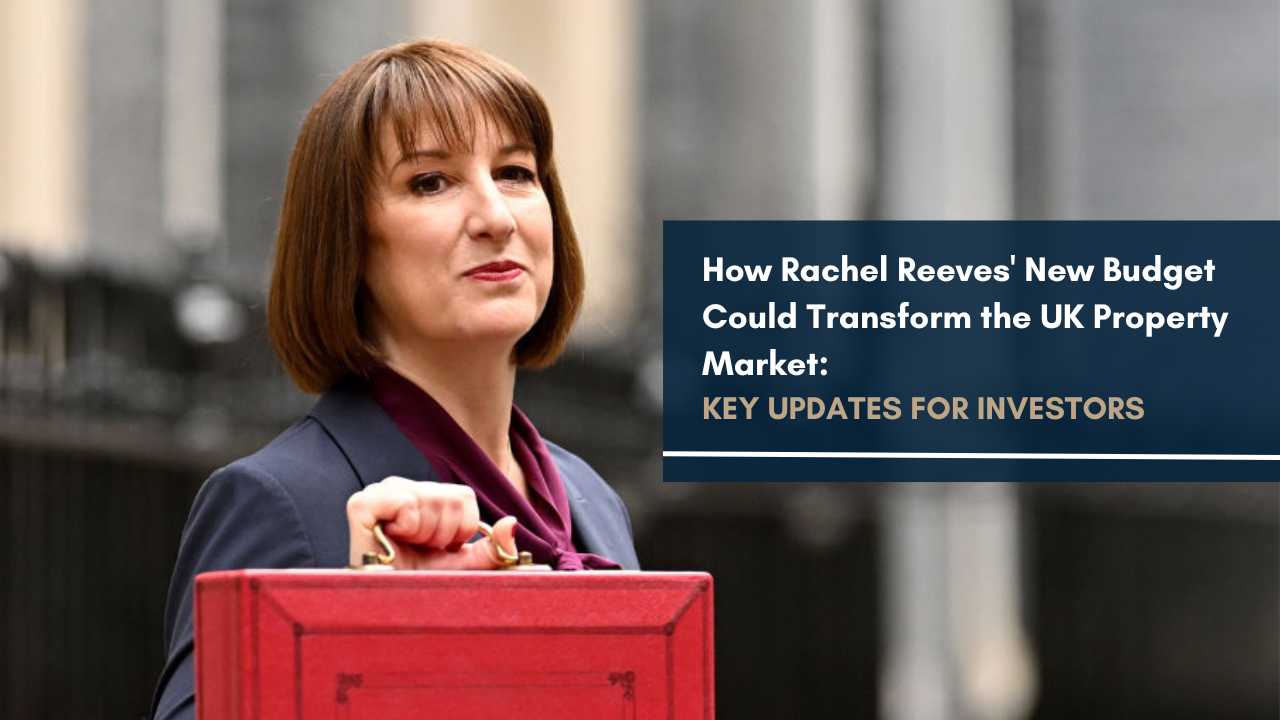Regeneration projects have long been recognized as essential drivers of growth and revitalization in urban areas across the UK. These initiatives play a crucial role in breathing new life into underdeveloped or neglected regions, transforming them into thriving hubs for living, working, and leisure.
In recent years, regeneration projects have not only stimulated local economies but also created numerous opportunities for property investors. In this blog post, we’ll explore the role of regeneration projects in boosting UK property investments, featuring 2023 statistics that demonstrate their significant impact.
Regeneration Projects: An Overview
Regeneration projects aim to redevelop and rejuvenate urban areas that have experienced economic decline, disinvestment, or social challenges. These initiatives often involve public and private partnerships and cover various aspects, such as infrastructure improvements, new housing developments, and the creation of commercial and leisure facilities. Regeneration projects can also encompass the preservation and repurposing of historic buildings, enhancing the cultural heritage of an area.
The Economic Impact of Regeneration Projects
In 2023, numerous regeneration projects are underway across the UK, and their economic impact is becoming increasingly evident. According to a study by the Urban Regeneration Alliance, for every £1 invested in regeneration, an average of £4.23 is generated in the wider economy. This economic boost comes in the form of job creation, increased local spending, and business growth, which all contribute to raising property values and demand in the area.
Key Regeneration Projects to Watch in 2023
Several high-profile regeneration projects are currently in progress, attracting the attention of property investors looking for growth potential. Some notable examples include:
Birmingham’s Big City Plan: This ambitious regeneration scheme aims to expand the city core by 25%, enhancing transport connectivity and revitalizing various city centre districts. The project is expected to create 50,000 new jobs, 5,000 new homes, and 1.5 million square meters of commercial space, making it an attractive prospect for property investors.
Manchester’s Northern Gateway: Spanning over 390 acres, this massive regeneration project is set to deliver 15,000 new homes, parks, schools, and commercial spaces over the next two decades. The project is expected to inject £1 billion into the local economy and create thousands of jobs, driving property demand in the region.
London’s Nine Elms: This £15 billion regeneration project is transforming a former industrial area into a thriving residential and commercial district. The development includes the new US embassy, luxury residential towers, and the extension of the Northern Line, contributing to the rise in property values in the area.
The Benefits of Investing in Regenerated Areas
Investing in properties within or near regeneration projects offers several advantages:
Capital Appreciation: As regeneration projects transform neglected or underdeveloped areas into thriving neighbourhoods, property values in the surrounding areas typically increase. This capital appreciation can result in significant gains for investors who enter the market early in the development process, as their properties may appreciate at a faster rate than those in non-regenerated areas.
Rental Demand: Regeneration projects often lead to improved infrastructure, new job opportunities, and the development of attractive leisure facilities, all of which draw more people to the area. As a result, rental demand increases, allowing property investors to benefit from a stable rental income and, in some cases, higher rental yields compared to non-regenerated areas.
Long-term Growth Potential: Regeneration projects can span multiple years or even decades, providing investors with long-term growth potential. As the area continues to develop and mature, property values and rental demand may continue to rise, further boosting investment returns.
Diversification: Investing in regenerated areas can help investors diversify their property portfolios by targeting different market segments and geographical locations. This diversification can reduce the overall risk associated with property investments and improve portfolio performance.
Positive Social Impact: Regeneration projects can contribute to the social and economic wellbeing of local communities by creating jobs, enhancing public spaces, and improving the overall quality of life. By investing in such projects, property investors can align their financial
goals with positive social outcomes.
Government Support: Many regeneration projects receive financial backing and policy support from local and national governments, which can provide additional incentives for property investment. These incentives may include tax breaks, grants, or preferential planning conditions, further enhancing the appeal of investing in regenerated areas.
Conclusion
In conclusion, regeneration projects play a pivotal role in boosting UK property investments by transforming underdeveloped or neglected areas into thriving urban hubs. These initiatives not only stimulate local economies but also create lucrative opportunities for property investors seeking capital appreciation and rental demand. As we’ve seen through statistics and examples of ongoing projects, investing in regenerated areas can offer long-term growth potential.
However, it’s crucial for investors to carefully consider the risks and challenges associated with such investments, including market fluctuations and development delays. By carefully considering these factors and conducting thorough research, investors can leverage the opportunities presented by regeneration projects to maximize their returns in the UK property market.
Contact us today to get the best property investments in major regeneration locations across the UK.



































